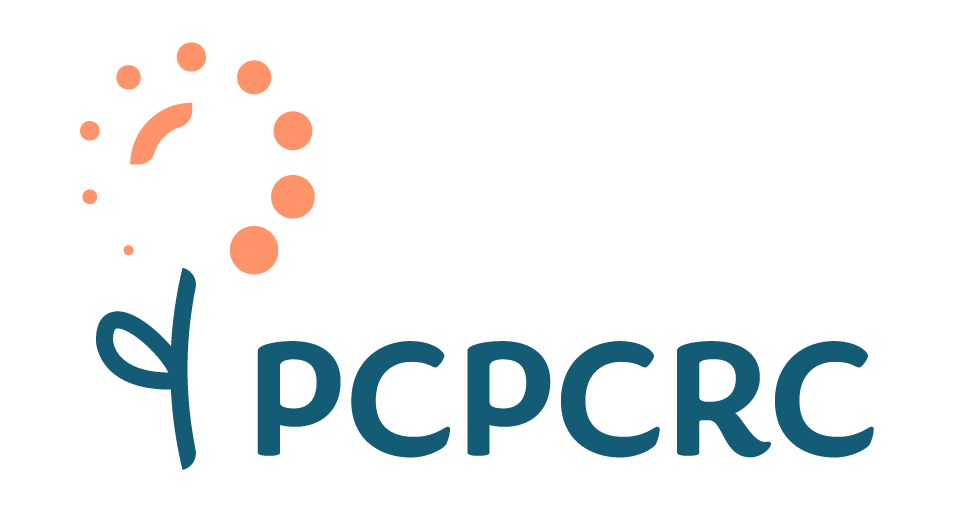The 2024 PCPCRC Seed Funding Competition launched in November 2023, with applications closing in January 2024.
The Competition is designed to support early-career investigators and trainees who are faced with a highly competitive and challenging funding environment. Through the program, the PCPCRC supports pilot and synthesis projects that are typically not funded by traditional larger granting agencies but need to be completed to provide the necessary groundwork and results to facilitate larger studies and funding applications.
In addition, we prioritize funding for high priority populations where gaps in palliative care research and service delivery exist. Primary priority is to projects that directly respond to palliative care research and practice gaps for priority populations.
The 2024 Competition received seven applications. Of these, we were able to award two, year-long grants of $20,000 each to early-career investigators in Canada.

Dr. Karin Fink of the Department of Family Medicine at McGill University was awarded funding for her study, “Improving end-of-life care at home by hearing the voices of bereaved caregivers with community participatory research.” The project targets caregivers and palliative care in non-specialist settings.
Most people suffering from advanced serious illness want to be at home as much as possible, including at the end of life. Care at home for these patients requires the daily presence of informal caregivers and their involvement in care delivery, resulting in a combination of physical, emotional, and economic strains and increasing the possibility of caregiver burnout. Dr. Fink’s project seeks to understand, from the perspectives of bereaved caregivers, what home healthcare elements were essential to them when accompanying someone at end-of-life care at home, and to build on community participatory research methods to identify healthcare solutions which are tailored to caregivers and their communities.

Our second awardee was Dr. Kate Nelson of The Hospital for Sick Children. Dr. Nelson’s study, “Interventions to Manage Conflict in Healthcare: A Scoping Review,” focuses on the priority areas of caregivers and pediatric populations.
Pediatric shared decision making is challenging. Parents and clinicians must integrate their perspectives about the child’s best interest into a plan of care, including the child’s perspective as appropriate to his or her developmental level. The traditional shared decision-making model incorporating medical expertise with family values is insufficient in pediatric palliative care. Many parents of children with serious illness develop specific expertise into their child’s condition and independently manage complex treatment regimens at home. Integrating different types of expertise—deep knowledge about one child (parents) and broad knowledge of medicine informed by care of many children (clinicians)—into a single plan of care is not straightforward, yet it is essential for providing optimal care.
The study will identify conflict management strategies that could be adapted for use in shared decision making, beginning with a scoping review to find studies about conflict interventions in healthcare. In a future project, the team aims to facilitate a group of parents and clinicians to “co-design” a new tool for pediatric decision making based on conflict management strategies.
For more on the PCPCRC Seed Funding Competition, see here.

